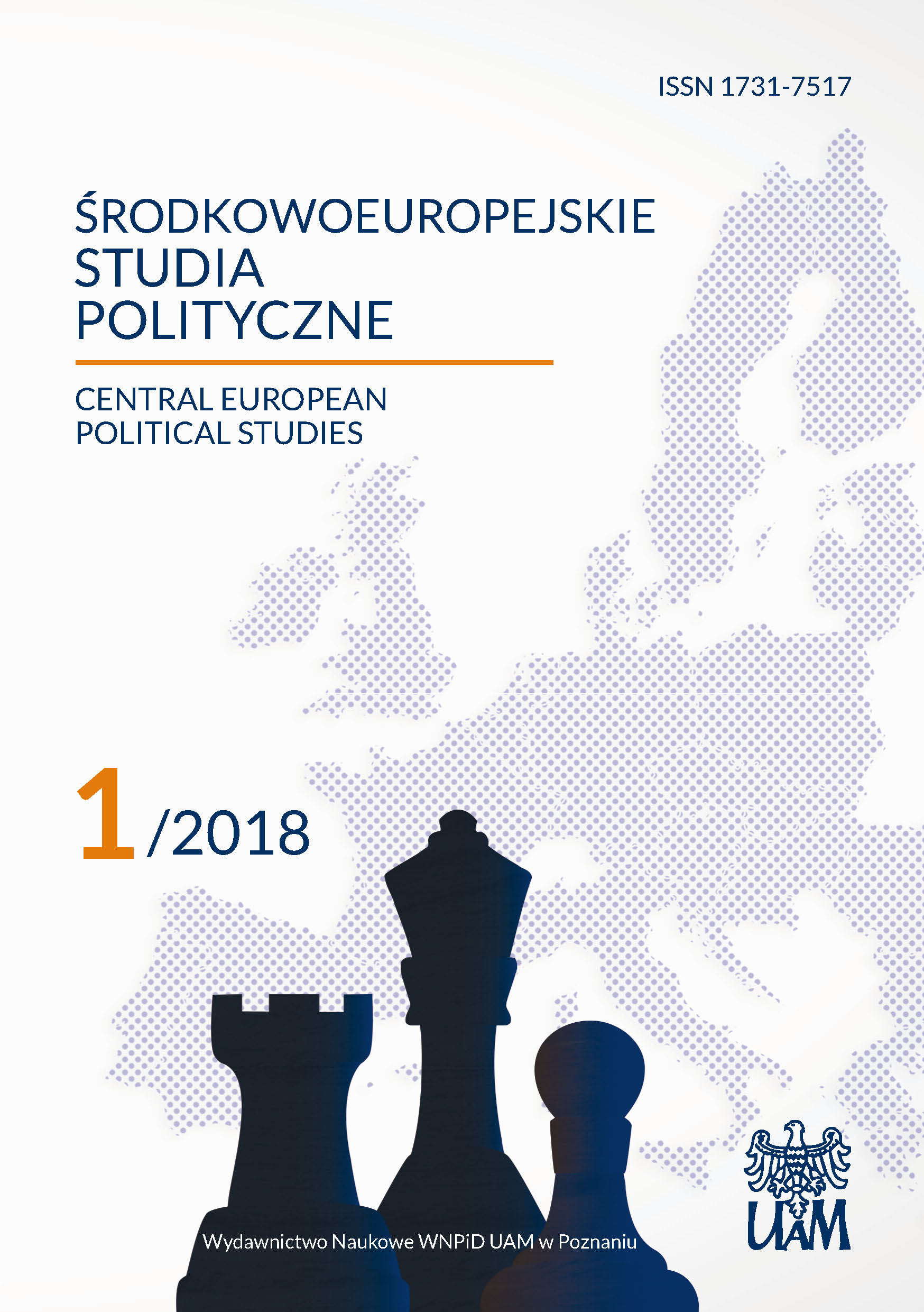Borys Jelcyn jako przywódca polityczny
Boris Yeltsin as a political leader
Author(s): Adam R. BartnickiSubject(s): Politics, Sociology
Published by: Uniwersytet Adama Mickiewicza
Keywords: Russia; Yeltsin; Communism; democratization; post-Communism
Summary/Abstract: Boris Yeltsin successfully led to the fall of the USSR and the monopolization of power. However, he was not mentally prepared to be the leader of the nation during the transformation in the 1990s. He did not attempt to consolidate the state, but rather to build his own leadership. The power system he had created became the foundation upon which the authoritarian regime of Vladimir Putin was formed. It was Yeltsin who taught the Russian elite how to bend and even dodge democratic procedures, how to dismiss and marginalize the opposition, appropriate mass media and corrupt journalists; how to incapacitate politicians and intelligentsia; how to push society away from influencing political life; how to disintegrate and disregard political life. All these factors triggered a social longing for stability and the rule of a “strong hand.” Yeltsin discouraged Russians from democracy and the free market, allowed the emergence of Russian “oligarchism,” restored Russia’s old perception of international reality, and legalized state violence. In fact, it was not about ideology, but about the people who stood in his way. Many elements of the Soviet state were intentionally adopted by Yeltsin. In this way, a specific transposition of communism took place. Its imperial, social and political power was adapted to the idea of new Russia. Yeltsin undoubtedly contributed to the creation of independent Russia, but the whole sphere of freedom was only an active development of the changes initiated by Mikhail Gorbachev.
Journal: Środkowoeuropejskie Studia Polityczne
- Issue Year: 2018
- Issue No: 1
- Page Range: 43-60
- Page Count: 18
- Language: Polish

